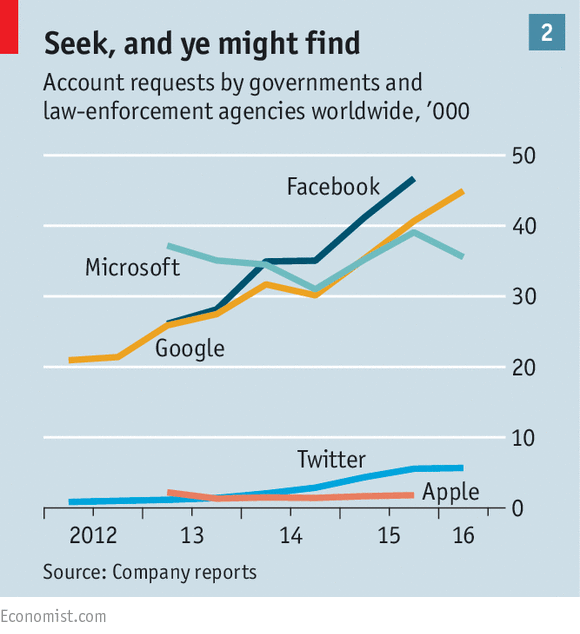Joe McNamee, EDRi: EU Copyright Directive – privatised censorship and filtering of free speech »
The proposed Directive:
1) requires internet companies to install filtering technology to prevent the upload of content that has been “identified by rightsholders”
2) seeks to make internet providers responsible for their users’ uploads
3) gives internet users no meaningful protection from unfair deletion of their creations
So, ISP:s will have to check on all content uploaded by users – i.e. scrutinize everything that is uploaded to the Internet.
What is to be allowed or censored will not be a matter of rule of law – but falls under company terms and conditions that can state… whatever.
There will be no legal means of redress or appeal.
Freedom of speech and freedom of information will be in the hands of ISP:s who are to be liable for all user uploads. There is good reason to fear that these companies will be overly anxious and cautious – censoring everything with even a remote possibility of being an infringement of copyright.
This is yet another attempt to get around the eCommerce-directives principle of »mere conduit« stating that net operators can not be liable for what users are doing in their cables.
And imagine the burden on the ISP:s, having to police all of the users net activities.
This proposal is an assault on »mere conduit«, free speech, privacy and the rule of law. It must be stopped.
/ HAX
